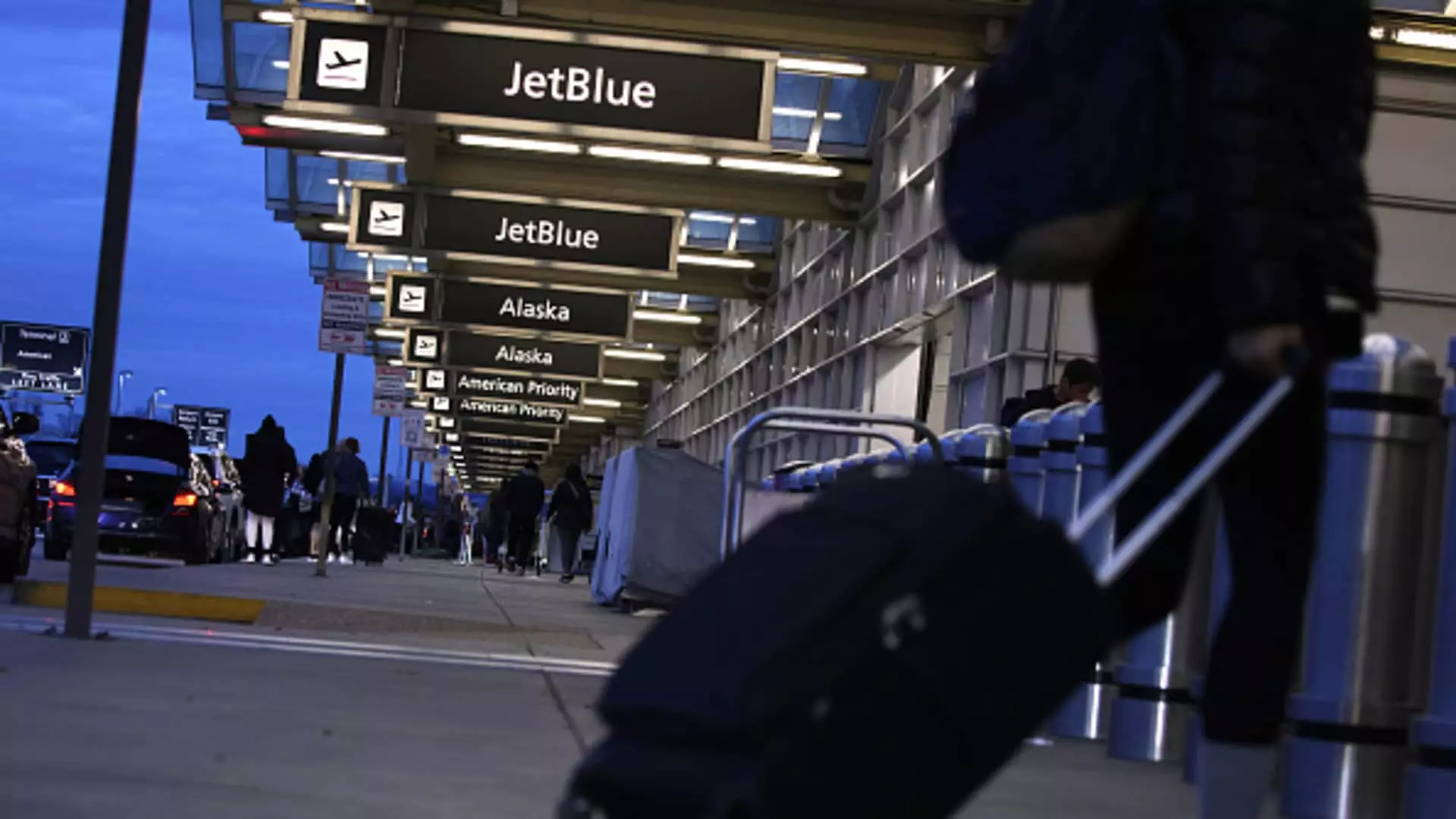In an evolving airline industry marred by economic uncertainty and operational challenges, JetBlue Airways is taking proactive measures by offering early retirement packages to some of its pilots. This move, communicated by the Air Line Pilots Association through a recent letter, highlights the carrier’s efforts to streamline operations and manage costs effectively despite facing external pressures, including engine recalls and the need for updated aircraft configurations.
The backdrop to this initiative is a broader financial context where airlines are hunting for ways to increase revenue while trimming excess expenditures. JetBlue is embracing innovative strategies, such as incorporating new first-class seating options and reducing operational costs. These changes are critical in light of the ongoing challenges posed by a Pratt & Whitney engine recall that has temporarily sidelined a portion of its fleet, adding urgency to efforts aimed at boosting efficiency and profitability.
The early retirement packages, which are voluntary and will close on February 7, represent an attractive offer for eligible pilots. The agreement specifies that those who qualify—specifically, pilots who will be 59 years old on or before March 31—can take advantage of a payout scheme. Under the terms, pilots are entitled to compensation based on 55 hours of their hourly rate until they reach the federally mandated retirement age of 65 or 18 months from their separation, depending on which scenario occurs first. This approach emphasizes the airline’s intent to manage workforce transitions smoothly while providing pilots with financial incentives to retire early.
The financial package laid out for pilots sheds light on how JetBlue values its workforce and the implications of this voluntary separation initiative. For instance, an Airbus A320 captain with 12 years of service could receive approximately $416,293, while an Embraer E190 captain with eight years’ experience might see a payout close to $160,859. These figures illustrate JetBlue’s commitment to its pilots, even in a challenging environment, fostering goodwill while facilitating necessary staffing adjustments.
As JetBlue approaches its quarterly results announcement, the impact of these early retirement offers will be closely scrutinized by analysts and industry observers. The successful implementation of this program could lead to a more agile company that is positioned to adapt to changing market conditions. However, the airline must balance cost-saving measures with maintaining a well-staffed, proficient pilot roster to avoid operational disruptions in the future.
JetBlue’s early retirement package initiative is more than just a financial maneuver; it reflects a critical junction in the airline’s strategy as it navigates through turbulent times. By offering this option to pilots, JetBlue is not only addressing immediate operational needs but also signaling a commitment to future growth and efficiency. The airline’s ability to adeptly manage these transitions will be pivotal in shaping its trajectory as it seeks to reclaim strong profitability and maintain its competitive edge in an ever-challenging landscape.

